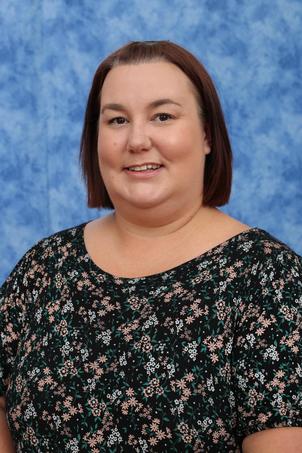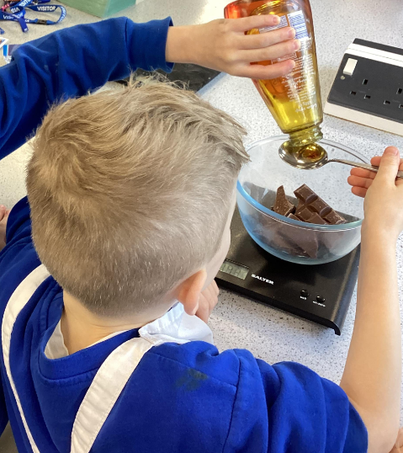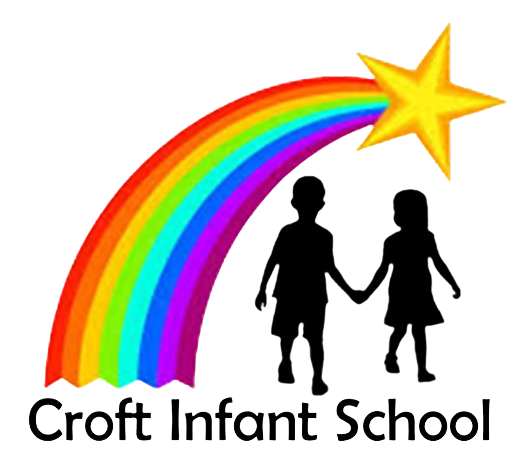Design & Technology!
Our fabulous D&T lead is Mrs Harris!

“Design and technology is an inspiring, rigorous and practical subject. Using creativity and imagination, pupils design and make products that solve real and relevant problems within a variety of contexts, considering their own and others’ needs, wants and values.”
-The National Curriculum (2013)
Design and Technology Intent, Implementation and Impact
Intent:
At Croft Infant School we intend to build a Design Technology curriculum which is inspiring, rigorous, and practical. We want our children to use creativity and imagination, to design and make products that solve real and relevant problems within a variety of contexts, considering their own and others’ ideas. We strive for all children to acquire appropriate subject knowledge, skills and understanding as set out in the National Curriculum and to inspire them to be the designers and makers of the future. It is our aim to create strong cross curricular links with other subjects, such as Mathematics, Science, Computing, and Art. We want Design and Technology to prepare our children, to give them the opportunities, responsibilities, and experiences they need to be successful in later life.
Implementation:
At Croft Infant School, our children are taught Design and Technology based around the topics that we are learning about. This enables children to have a purpose for what they are designing, making and evaluating, as they have a purposeful product or audience in mind.
In EYFS, our children explore and use a wide variety of materials, tools and media in both adult-led and child-initiated learning opportunities. Through these activities, children can express their own ideas, make simple plans and construct with a purpose, develop their skills when using tools, (including how to do this safely), make their own choices about what resources would be the most appropriate and prepare and cook food adhering to good health and hygiene routines.
In Key Stage 1, our curriculum ensures that children revisit and build on prior knowledge consistently across the curriculum. High-quality modelling of skills and language is offered to our children and scaffolds are provided for children to access and support learning in every session.
Children are taught;
-
Practical skills – developing the skills needed to make high quality products.
-
To take inspiration from design and technology throughout history – appreciating the design process and technological advances that have influenced the products we use in everyday life.
At Croft Infant School, Classroom working walls promote the design process and serve as a reminder to the children about what they have previously been taught, and classroom resources enable children to explore different skills and techniques by using the ‘Workshop’ areas during independent learning time. It is imperative that all children are able to access these resources. Teachers teach the safe use of tools and equipment and insist on good practice prior to starting the making part of a task.
These include:
-
Contact with sharp objects including wood, needles, saws, knives etc.
-
The handling of food– children need to ensure they are aware of personal hygiene rules such as wearing a clean apron, washing hands before handling food, storing perishable foods appropriately, tying long hair back.
We also ensure the children are familiar with the design process:
In KS1 this looks like:
Design:
-
Design should be rooted in real life, relevant contexts to give meaning to the learning.
-
Planned through appropriate formats: drawing, templates, talking and mock-ups.
Make:
-
Children should be given a range of tools for their projects to choose from.
-
Children should use a wide range of materials and components; textiles, construction equipment and ingredients.
Evaluate:
-
Evaluate existing products.
-
Evaluate their own products against design criteria.
Impact:
We want our children at Croft Infant School to have the knowledge and skills to work like a designer. Pupil voice will show that children can talk about their D&T knowledge and carefully evaluate their designs and products using subject specific vocabulary. Floorbooks, photos and learning journey books will show each stage of the process, and children will be proud of their completed products and be able to say what skills and techniques they used. When they leave our school, children will have the knowledge, skills and vocabulary necessary to progress to the next stage of their learning. As a result of high-quality teaching, children will retain their learning in Design and Technology and their books will reflect their confidence in the use of the design cycle to design and make products from start to finish.



The Y2s visited the local secondary school- David Nieper Academy- in order to use their food room to make a variety of different cakes to sell at their fundraiser for Guide Dogs. The children used a range of ingredients and kitchen equipment safely including weighing scales and different sized spoons. The children learned about how food hygiene is important by regularly washing their hands, wearing an apron and washing up their utensils afterwards.
